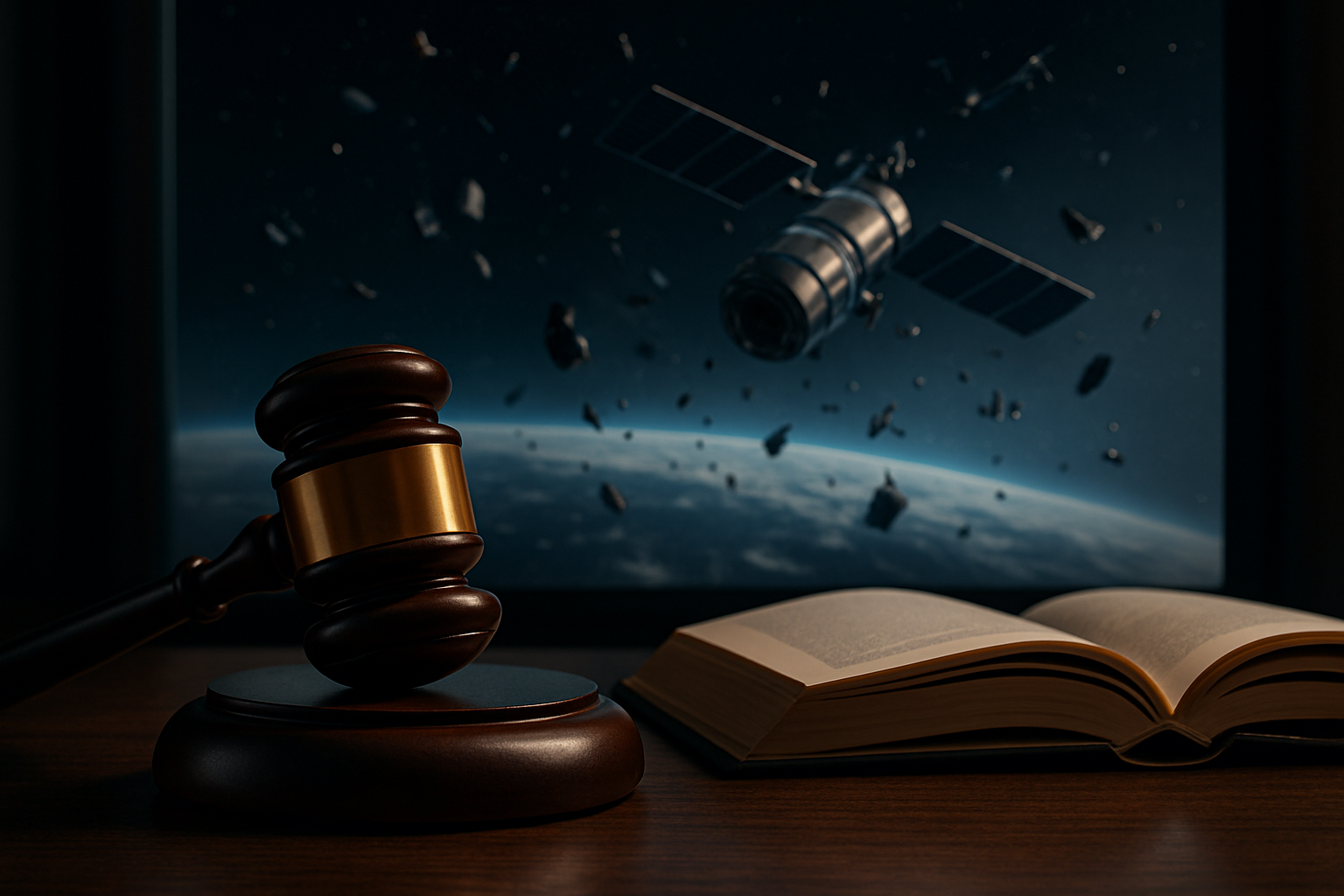Legal Implications of Space Mining: A New Frontier
Introduction: As humanity extends its reach beyond Earth, the prospect of mining celestial bodies for valuable resources has moved from science fiction to potential reality. This emerging field raises complex legal questions that challenge existing international space law frameworks and demand innovative solutions.

Historical Context of Space Law
The legal landscape governing outer space activities has its roots in the Cold War era. The 1967 Outer Space Treaty, ratified by over 100 countries, serves as the cornerstone of international space law. This treaty established key principles, including the peaceful use of outer space and the prohibition of national appropriation of celestial bodies. However, it was drafted at a time when commercial space activities, let alone space mining, were not foreseeable realities.
The Legal Void in Space Mining
The current legal framework leaves significant gaps when it comes to space mining. While the Outer Space Treaty prohibits national appropriation of celestial bodies, it does not explicitly address the extraction and ownership of space resources. This ambiguity has led to divergent interpretations among nations and legal scholars. Some argue that the treaty’s principles implicitly prohibit space mining, while others contend that resource extraction is permissible as long as it doesn’t amount to territorial claims.
National Legislation and International Reactions
In response to the legal uncertainty, some countries have taken unilateral action. The United States passed the Space Resource Exploration and Utilization Act in 2015, followed by Luxembourg’s Space Resources Act in 2017. These laws aim to provide legal certainty for companies engaging in space mining activities. However, these national initiatives have been met with mixed reactions internationally, with some countries viewing them as potential violations of the Outer Space Treaty.
The Need for International Cooperation
The unilateral approach to space mining legislation highlights the urgent need for international cooperation and consensus. Without a globally agreed-upon framework, there is a risk of conflicting claims, regulatory confusion, and potential conflicts in space. The international community must work towards developing a comprehensive legal regime that balances the interests of spacefaring nations, private entities, and the broader global community.
Environmental and Ethical Considerations
Beyond the questions of ownership and rights, space mining also raises significant environmental and ethical concerns. The potential impact on celestial bodies’ environments, the risk of space debris, and the long-term sustainability of space activities must be carefully considered. Any future legal framework must incorporate robust environmental protections and ethical guidelines to ensure responsible resource extraction in space.
Proposed Solutions and Future Directions
Various proposals have emerged to address the legal challenges of space mining. These range from amendments to existing treaties to the creation of entirely new international agreements. One approach gaining traction is the development of a space resources regime similar to the deep seabed mining framework under the United Nations Convention on the Law of the Sea. Such a system could provide a balanced approach to resource allocation and environmental protection.
Conclusion
The legal implications of space mining represent a critical challenge at the intersection of law, technology, and international relations. As we stand on the brink of a new era in space exploration and resource utilization, the development of a comprehensive and equitable legal framework is paramount. This framework must not only address the immediate concerns of resource rights and environmental protection but also be flexible enough to adapt to future technological advancements and unforeseen challenges in space exploitation. The decisions made today will shape the future of humanity’s relationship with outer space for generations to come.





